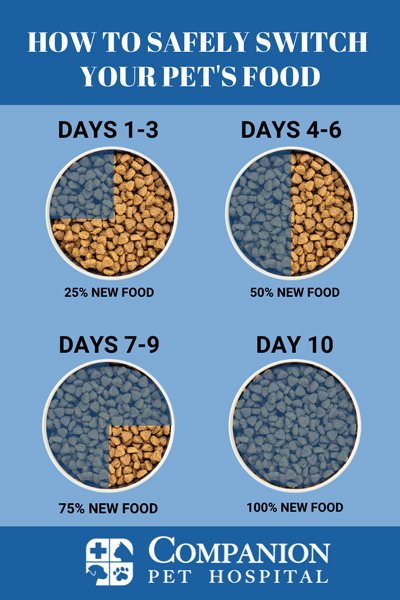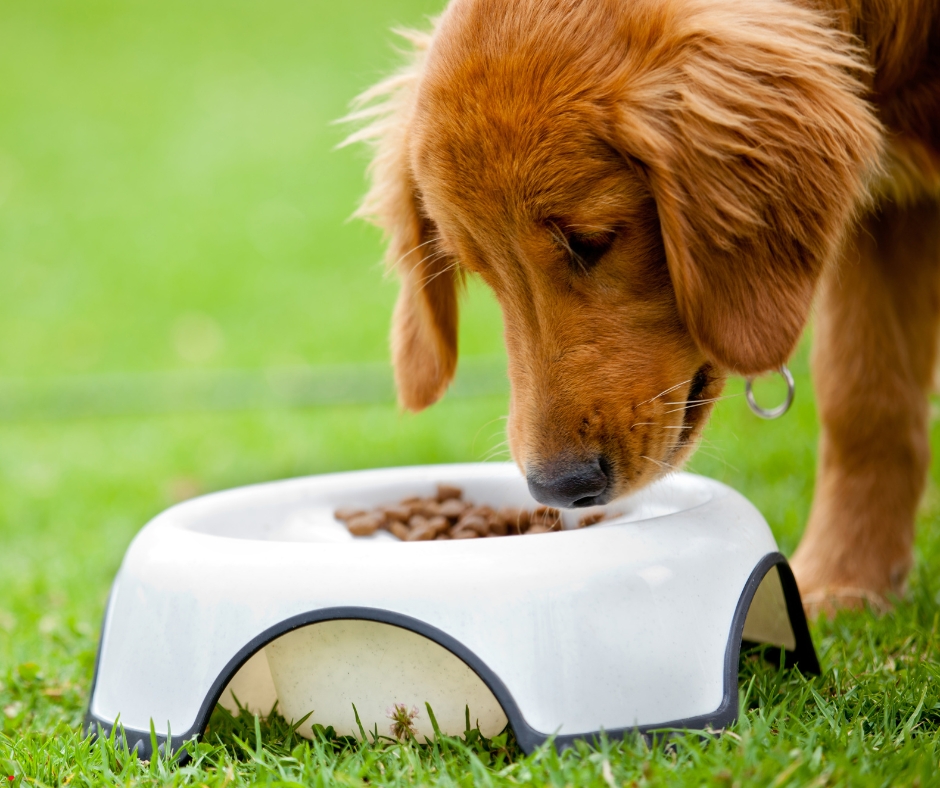Difference between Puppy and Adult Dog Food. Feeding your dog the right food is crucial.
The variation in dog diet between puppies and adults has a big impact on their development and well-being. Puppies are in a crucial period of development. They require nourishment to promote their quick growth. They require higher amounts of fat, protein, and certain vitamins and minerals.
Adult dogs, on the other hand, need maintenance food. We design their diet to preserve their vitality and health without promoting unnecessary weight gain. By being aware of these variations, you can make sure your pet receives the proper ratio of nutrients at every stage of life. Making the right dietary choices is crucial to promoting their longevity and general well-being. Let’s examine the main differences between dog food for puppies and adults so that your pet can flourish at any age.

Difference Between Puppy And Adult Dog Food
Puppy food has more protein and fat to support growth. Adult dog food contains balanced nutrients for maintenance. Both are designed to meet different life stage needs.
Choosing the right food for your dog is crucial. Puppies and adult dogs have different nutritional needs. Let’s explore the key differences.
Nutritional Requirements
Puppies need more calories and nutrients. They are growing fast and need the energy.
- Higher protein: supports muscle growth.
- More fat: provides extra energy.
- Added DHA: Aids brain and eye development.
- Extra vitamins and minerals ensure overall health.
Caloric Content
Caloric intake varies between puppies and adult dogs. Puppies are active and growing, thus requiring more calories.
Protein Levels
Protein levels differ in puppy and adult dog food. Puppies need more protein for their rapid growth.
Fat Content
Fat content in puppy food is higher. They require more fat for energy.
- Higher energy needs: puppies burn more calories
- Supports growth: essential for developing organs
Vitamin And Mineral Content
Puppy food contains more vitamins and minerals. These nutrients support their overall development.
Kibble Size
The size of the kibble corresponds to the dog’s age. Puppies have smaller mouths and teeth.
- Smaller kibble: easier for puppies to chew
- Larger kibble: Suitable for adult dogs’ stronger teeth
Digestibility
The design of puppy food facilitates easy digestion. Their digestive systems are still maturing.
Ingredient Quality
Quality of ingredients is crucial. Puppy food often has higher-quality ingredients to support growth.
Food Texture
Texture matters too. Puppies may need softer food, while adult dogs can handle harder kibble.
- Softer kibble: easier for puppies to chew.
- Harder kibble: Helps adult dogs maintain dental health.
Specific Additives
Certain additives are more common in puppy food. These additives support specific growth needs.
Feeding Frequency
Puppies eat more frequently than adult dogs. Their smaller stomachs need regular meals.
Life Stage Labels
Dog food labels indicate life stage suitability. It’s important to choose the right one for your dog’s age.
Cost Differences
Puppy food can be more expensive. The higher-quality ingredients and specific nutrients drive up the cost.
Transitioning Between Foods
Transitioning from puppy to adult food should be gradual. A sudden change can upset their stomach.
Special Considerations
Special considerations are necessary for some breeds. Large breeds may need different nutrients compared to small breeds.
Choosing the right dog food ensures your pet stays healthy and happy. Always consult with a vet for personalized advice.

FAQ
What Is The Main Difference Between Puppy And Adult Dog Food?
Puppy food has higher protein and fat for growth. Adult dog food contains balanced nutrients for maintenance. This ensures proper development and health.
Can Puppies Eat Adult Dog Food?
Puppies shouldn’t eat adult dog food regularly. It lacks essential nutrients for growth. Specially formulated puppy food supports their development and health.
Why do puppies need different food than adults?
Puppies grow rapidly and need more protein and fat. Adult dog food doesn’t provide these levels. Proper nutrition supports their bones, muscles, and overall growth.
How Long Should Dogs Eat Puppy Food?
Dogs should eat puppy food until they reach maturity. Small breeds mature faster, around 12 months. Large breeds may need puppy food up to 24 months.
In Conclusion
Choosing the right food for your dog is crucial. Puppy food supports growth and development. It contains more protein, fat, and calories. Adult dog food focuses on maintaining health. It has balanced nutrients for daily needs. Understanding these differences ensures your pet’s well-being.
Always consult your vet for personalized advice. Proper nutrition leads to a happy, healthy dog. Make informed decisions for your furry friend’s diet. Their health depends on it.










